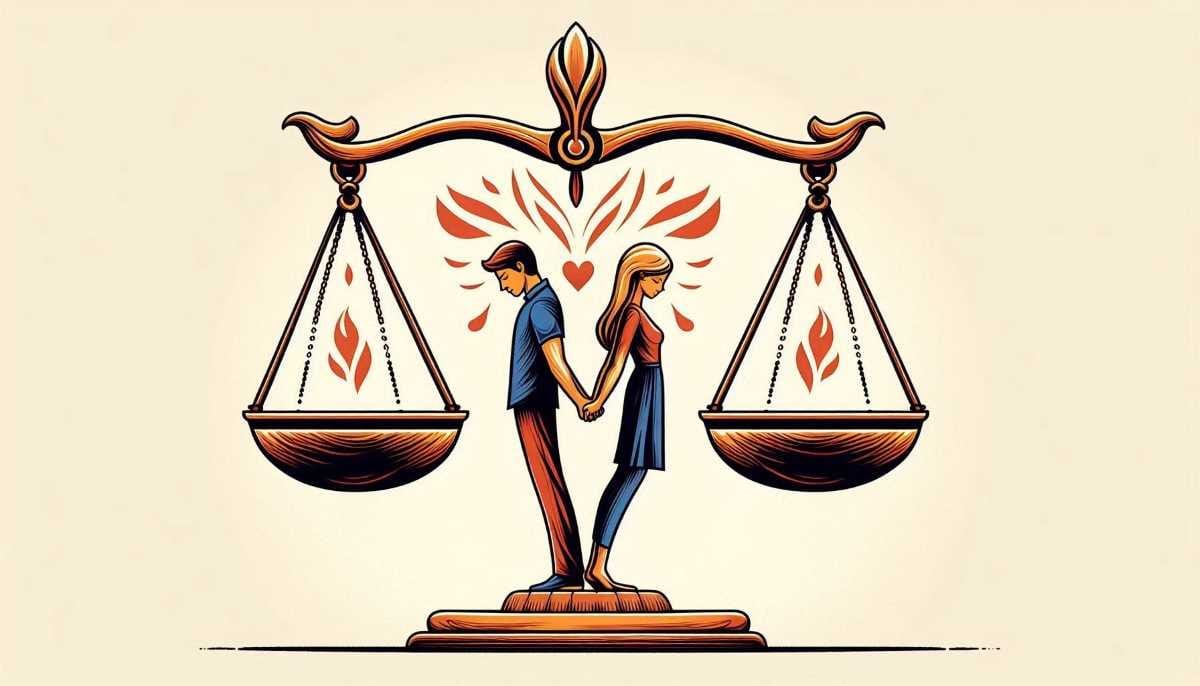The Complexities of Widowhood Through Loss and Reinvention
Widowhood is a complex process influenced by relationship dynamics, personal resources, and societal roles. Women often face unique challenges, including emotional dependence and economic vulnerability.

Widowhood in women affects them depending on the profile of the couple; for example, if they lived in a balanced relationship or one of subordination in the emotional and economic spheres, if there was codependency or a mature bond, explains the academic from the Faculty of Psychology (FP) of UNAM, María Montero y López Lena.
“Overcoming this complex stage depends on the psychological resources of the person, that is, the way they manage their emotions and feelings and how they regulate them, their perceptions and beliefs; their ability to connect with others and whether they have had social and economic consolidation,” details the doctor in Psychology.




